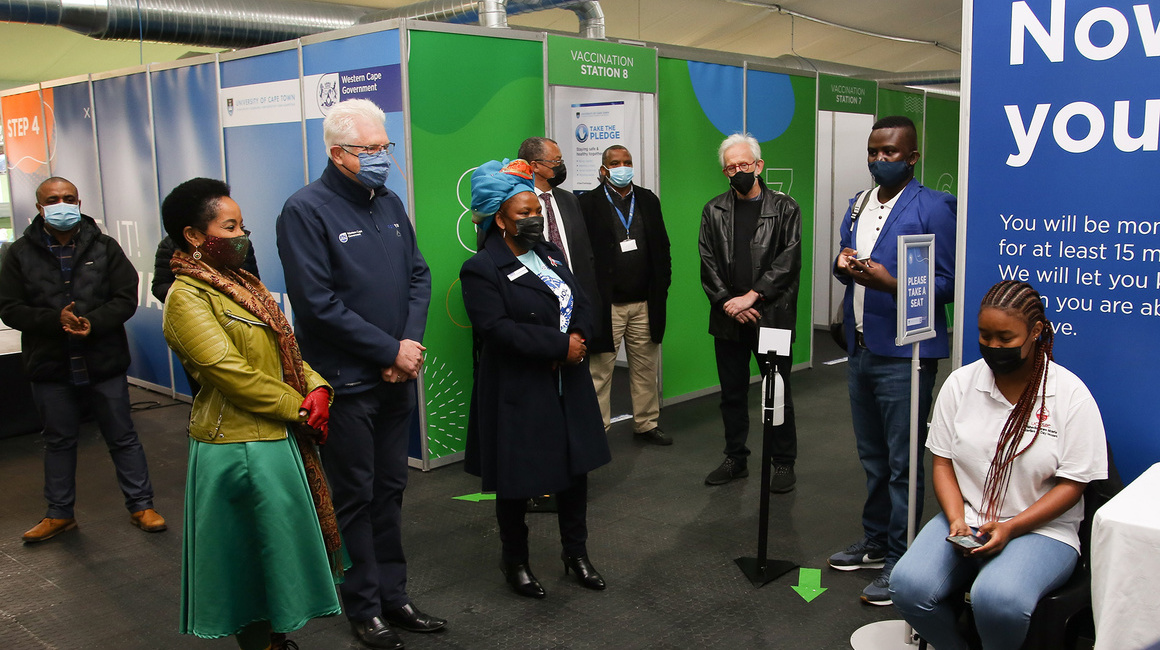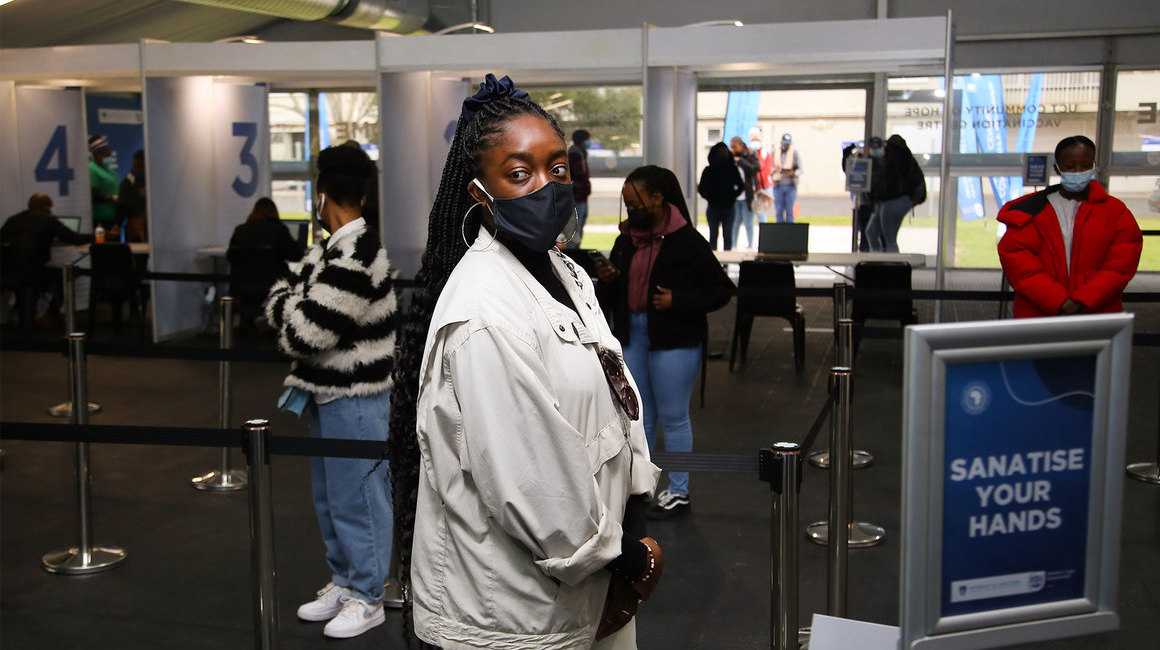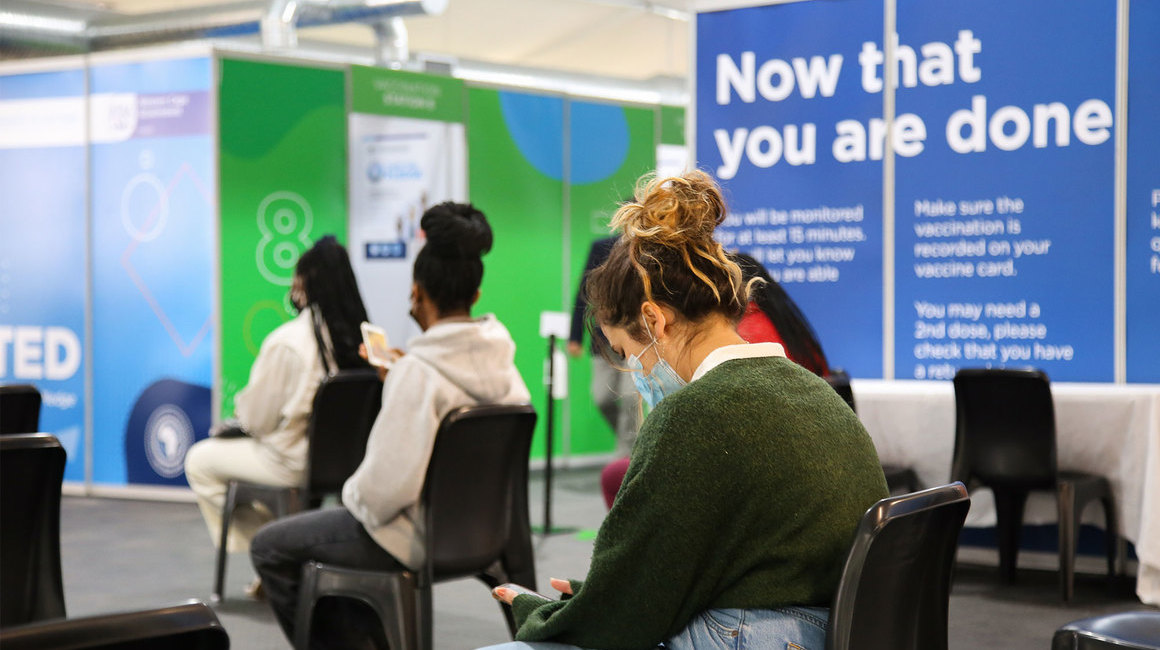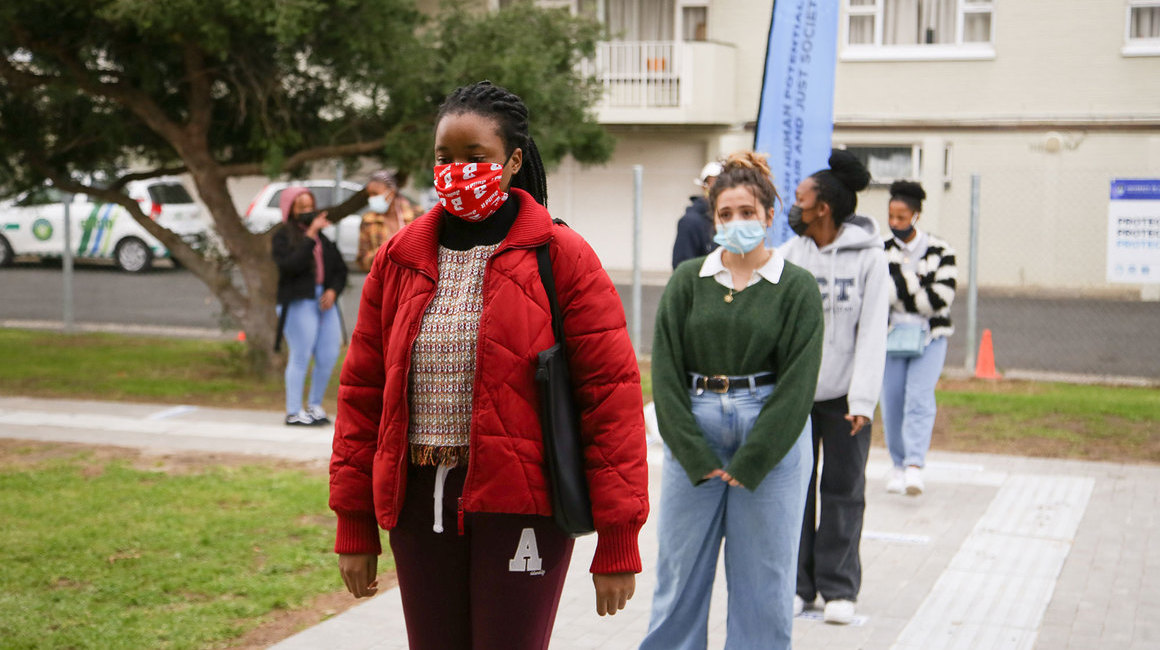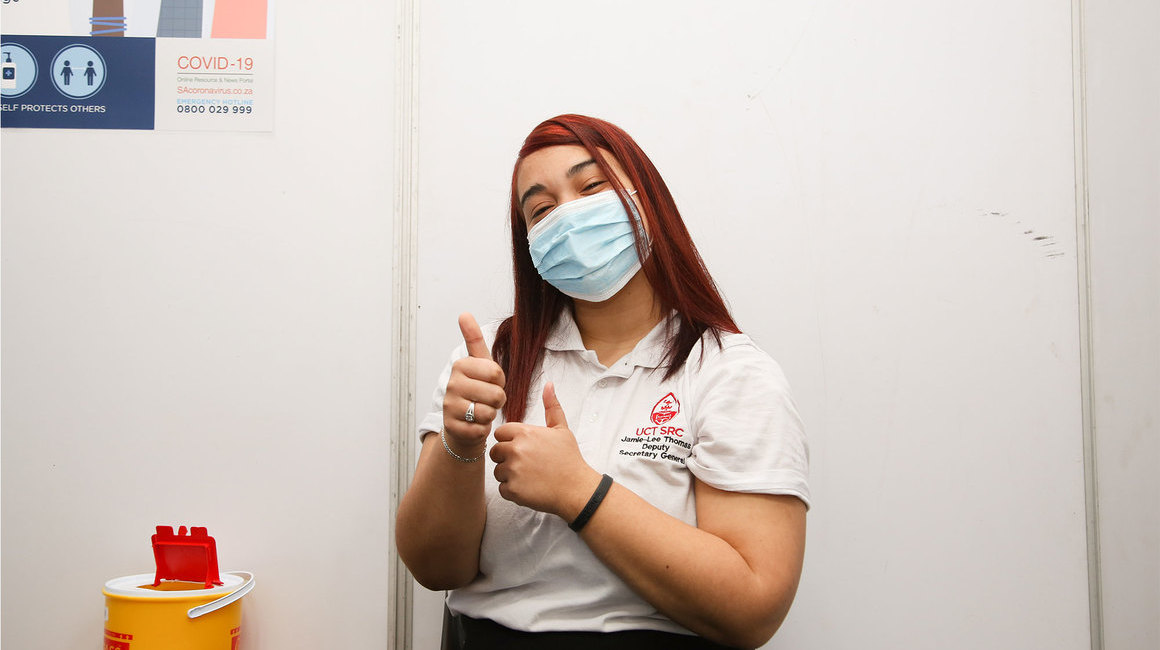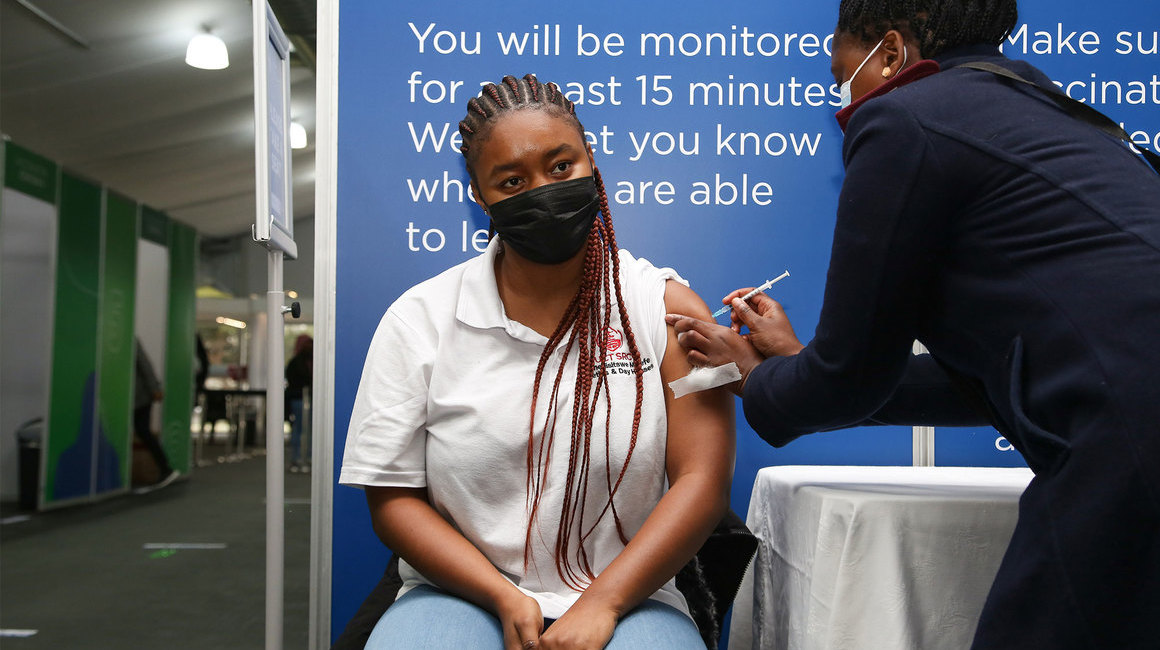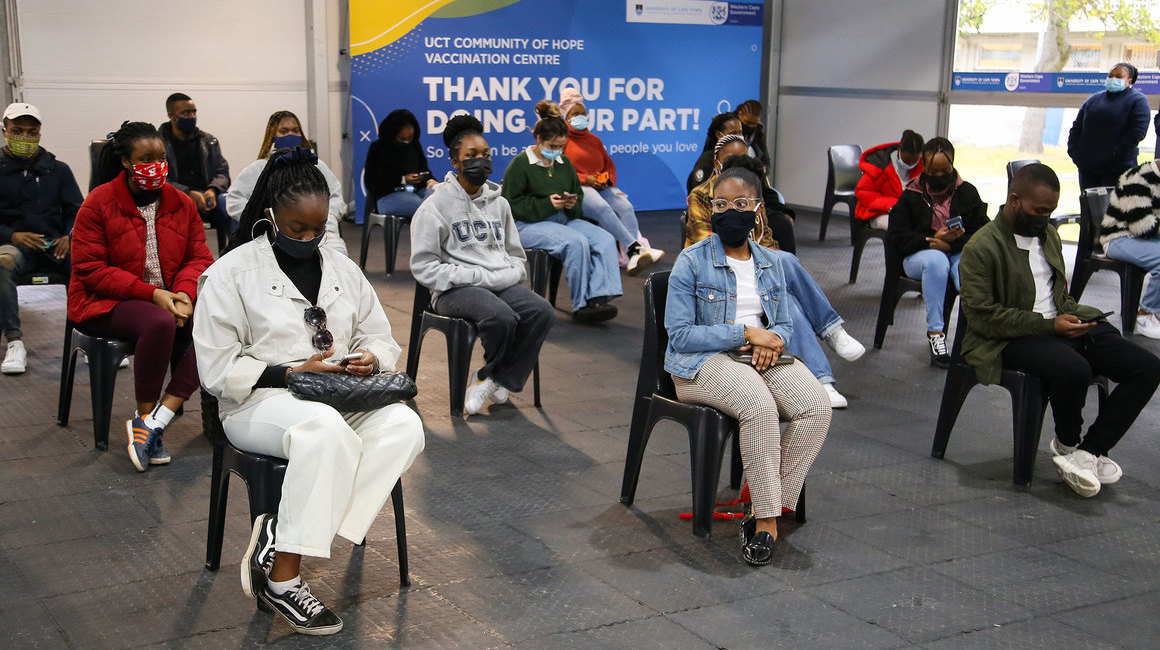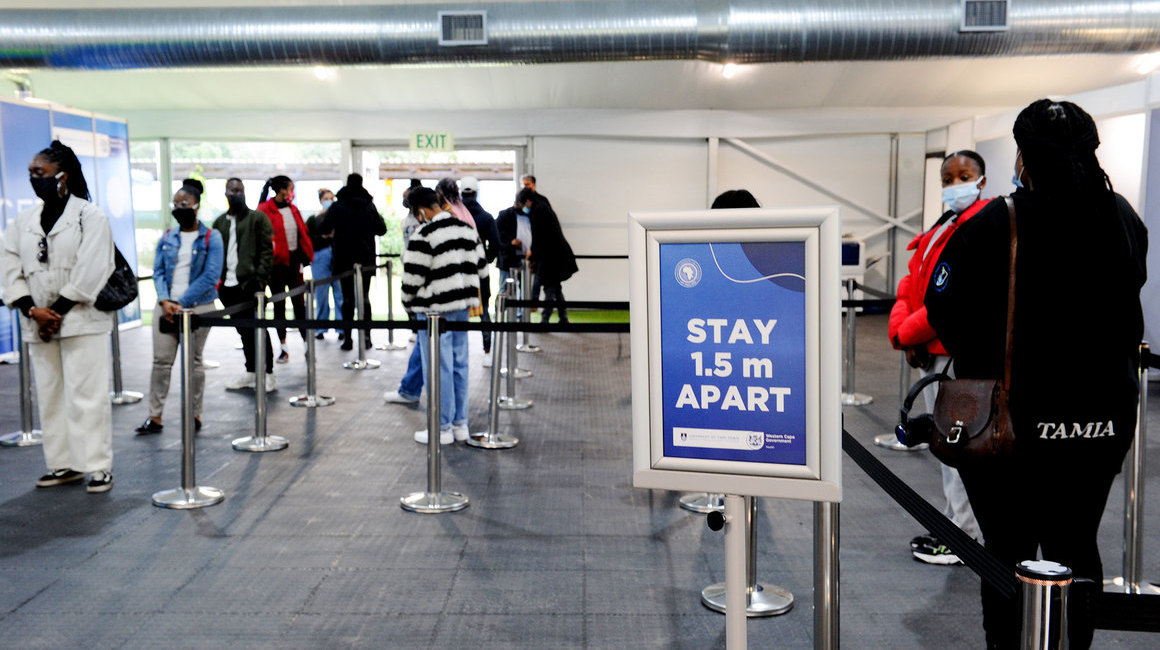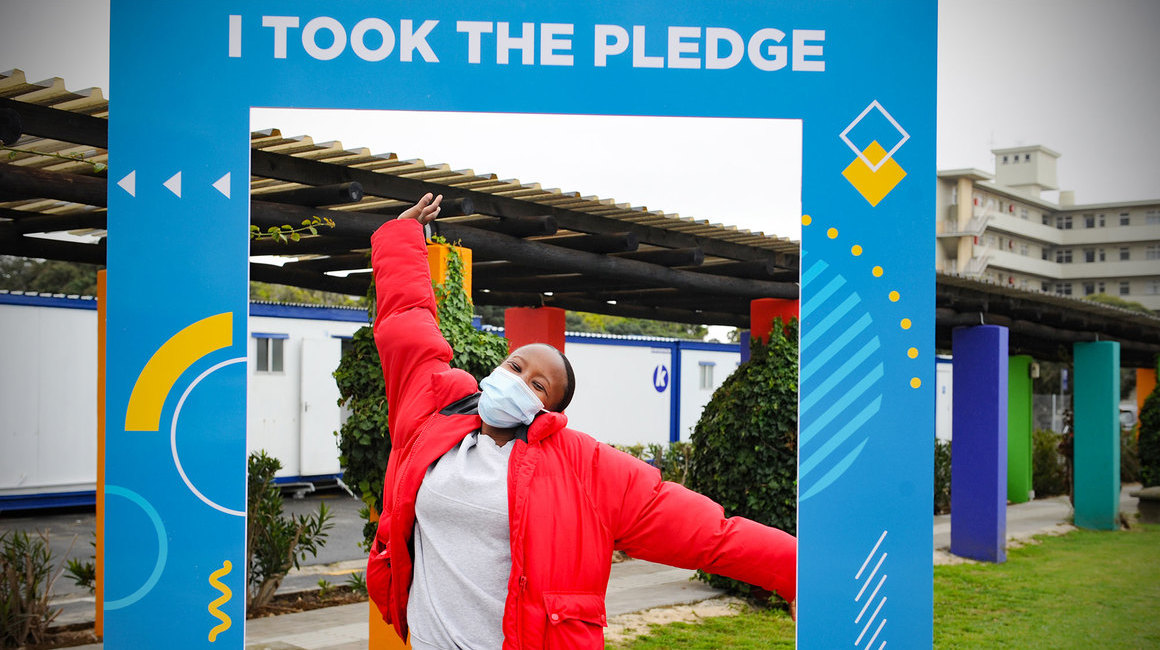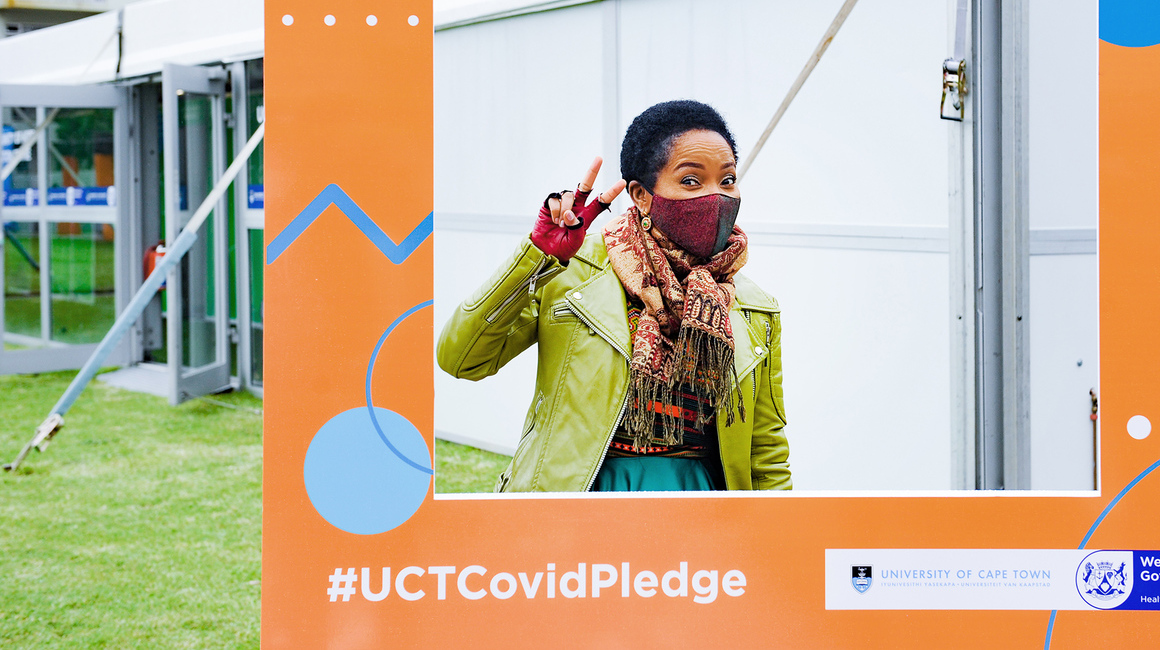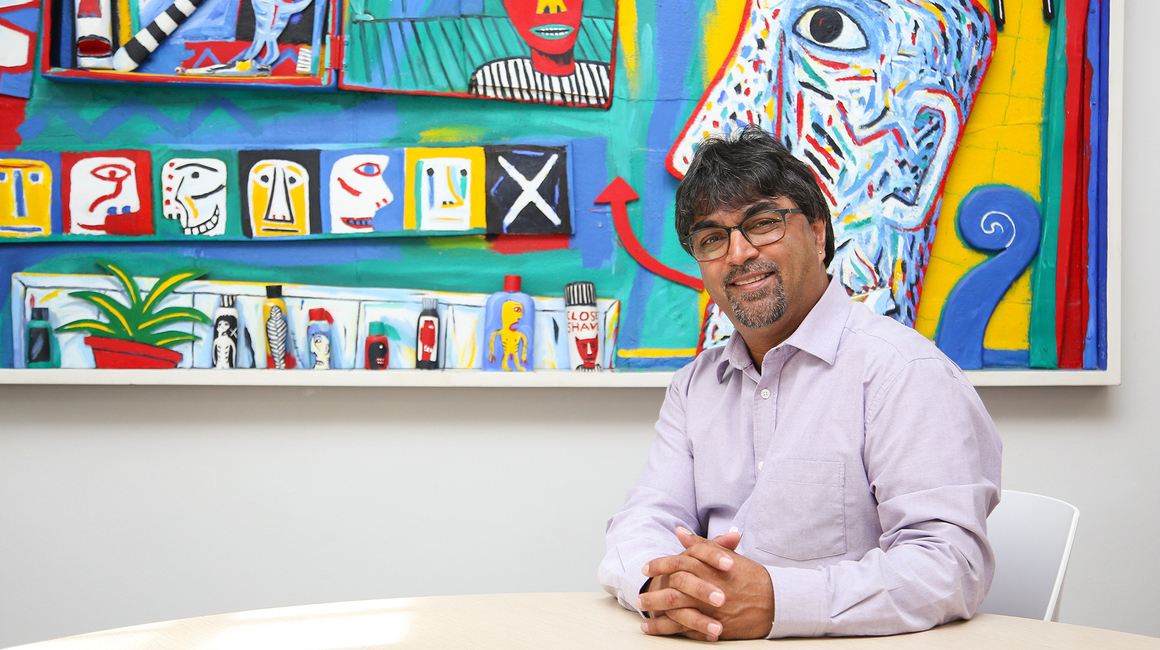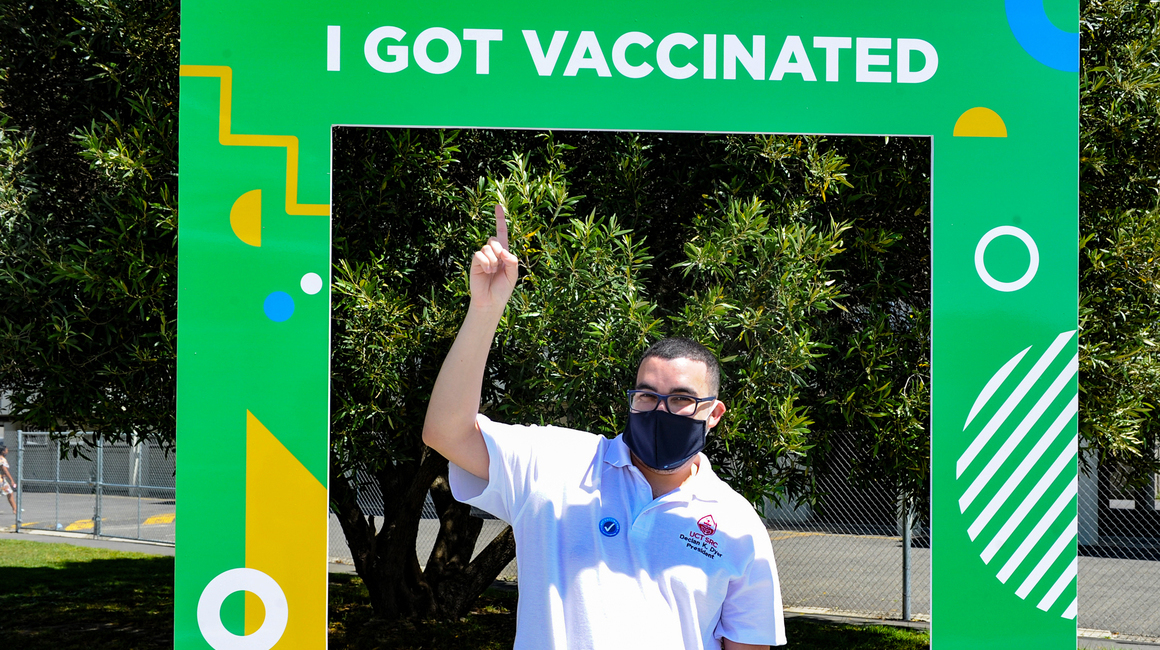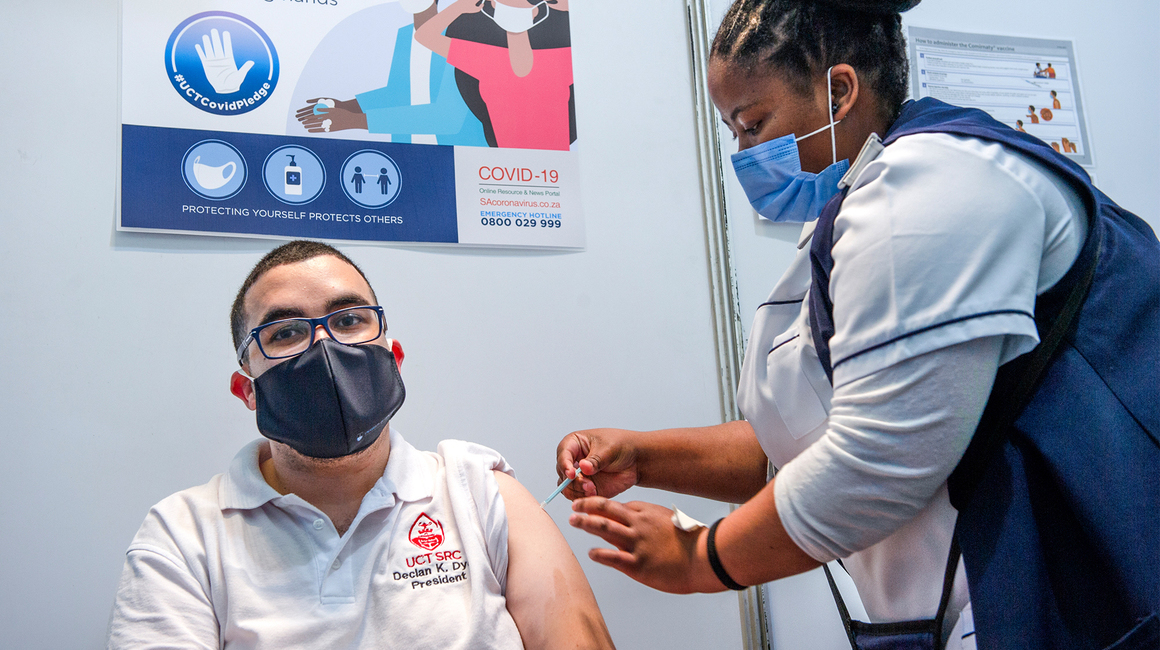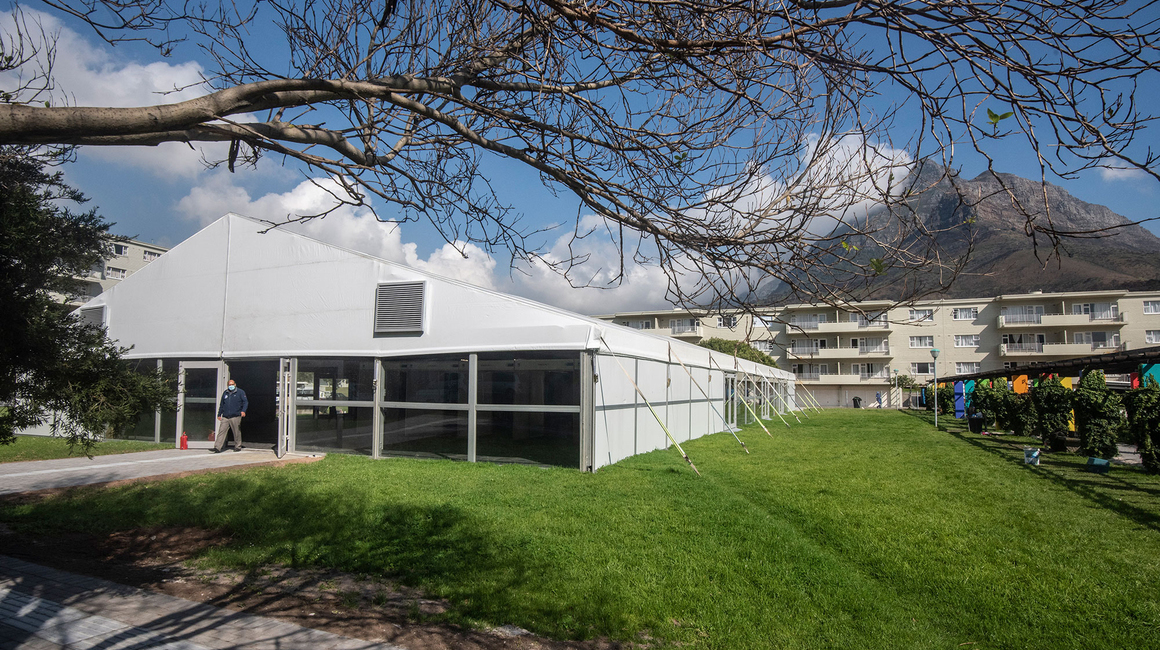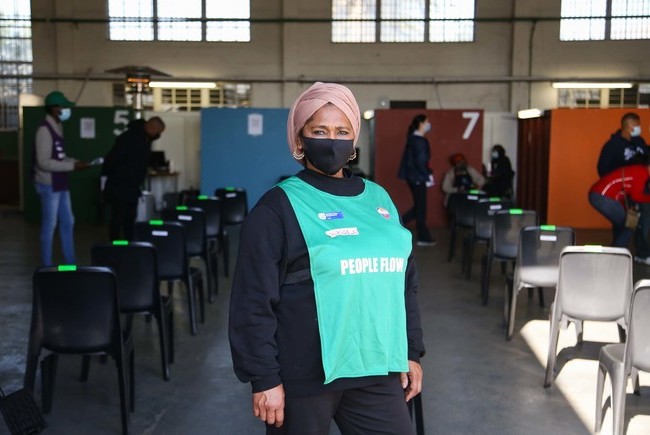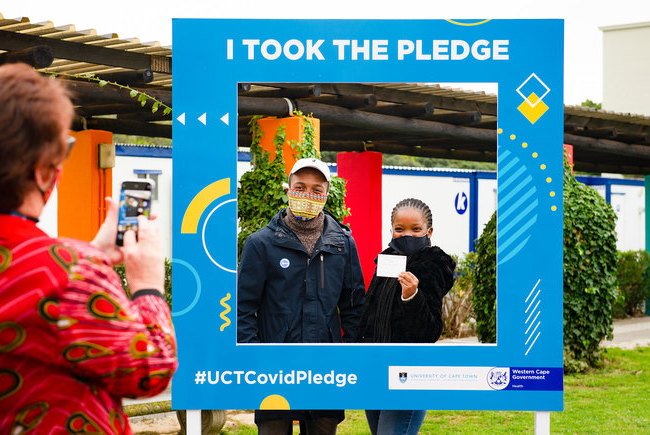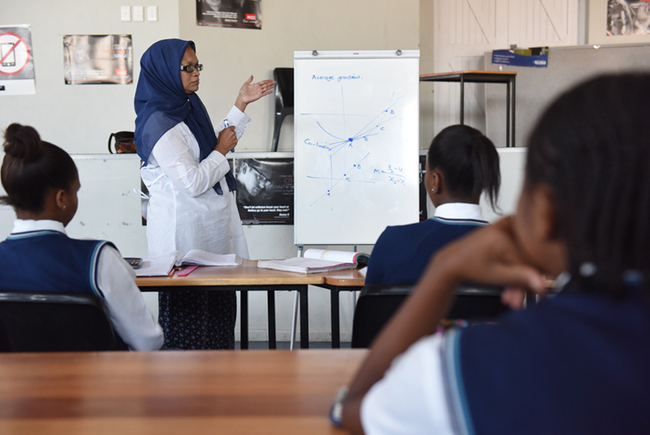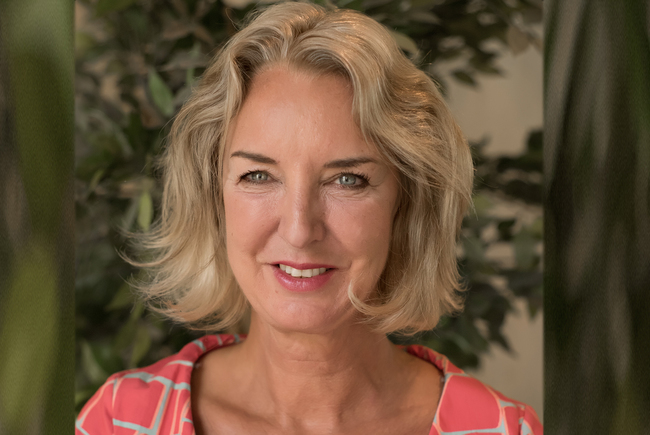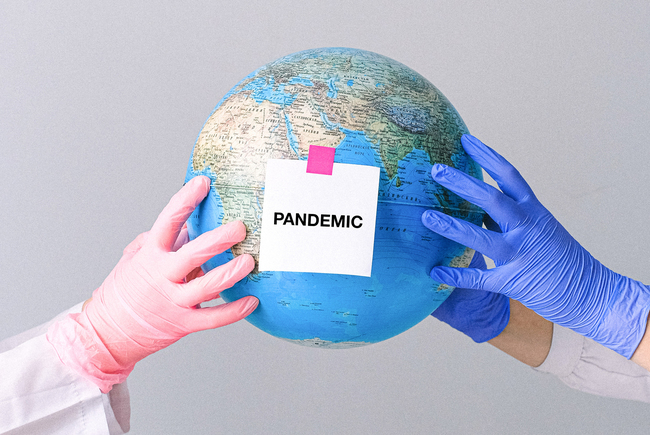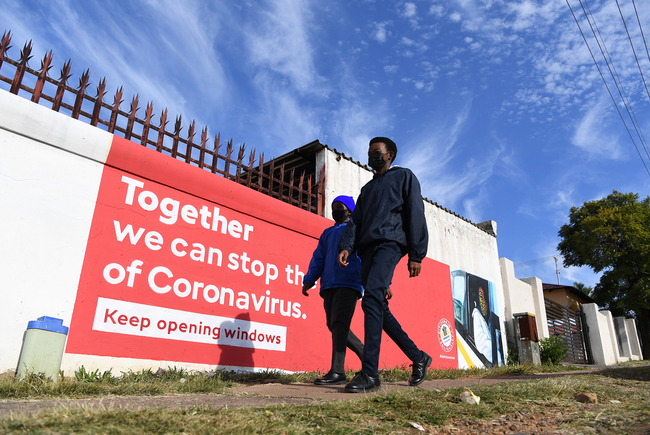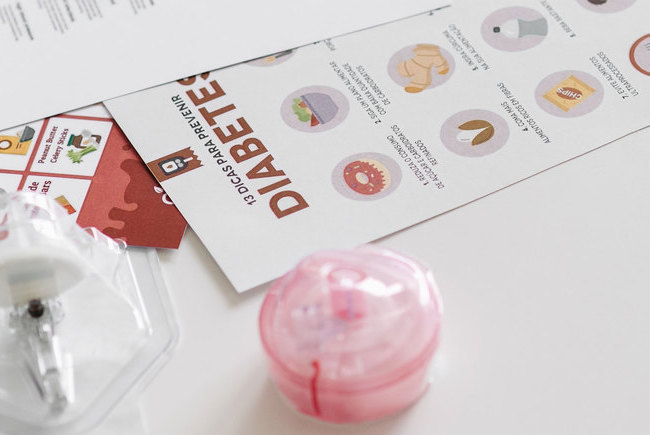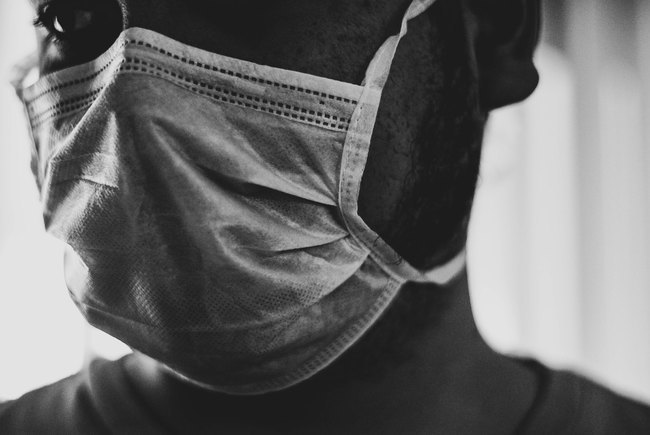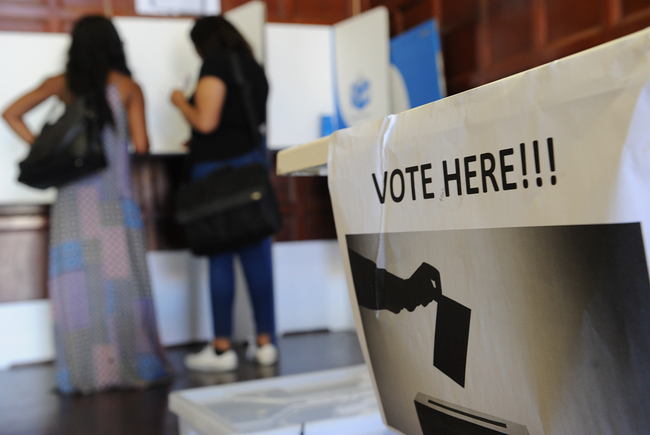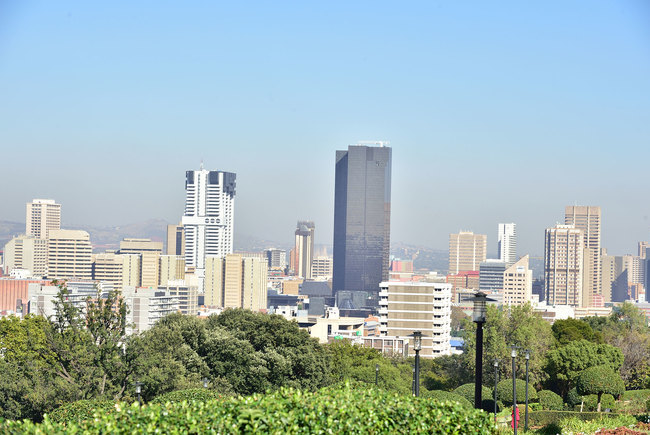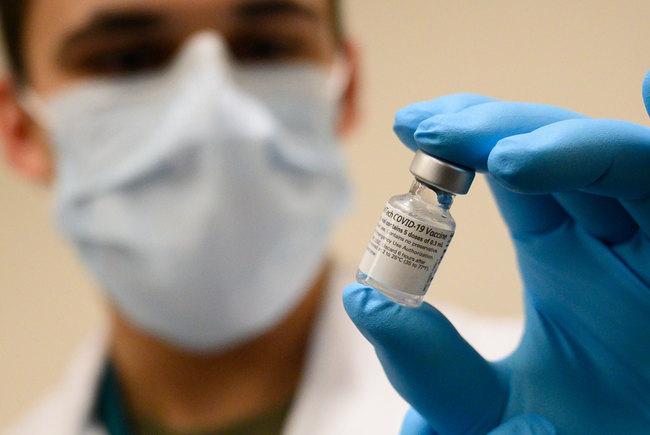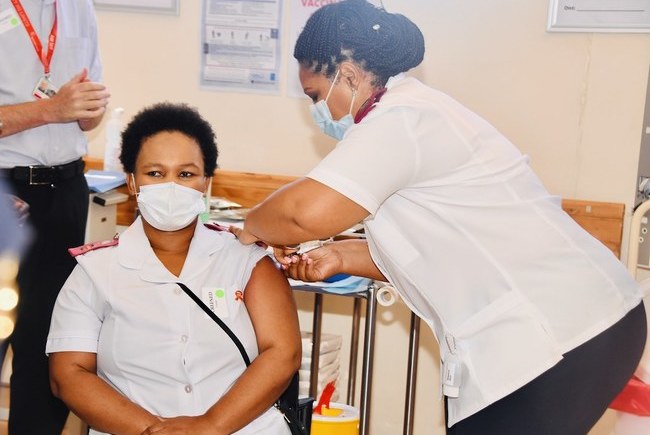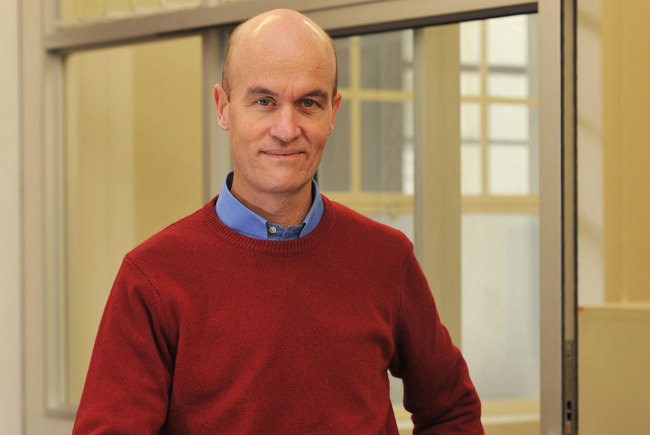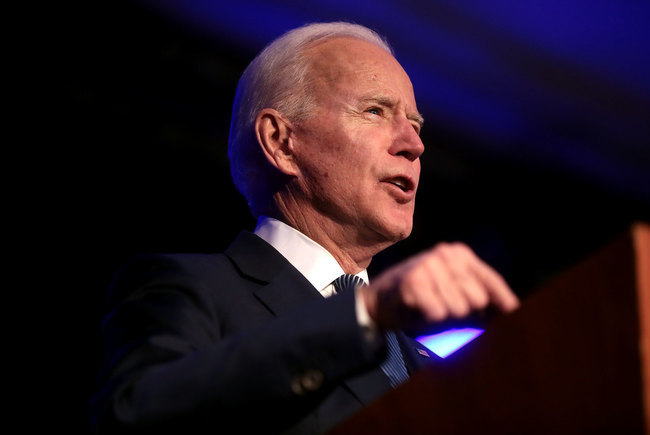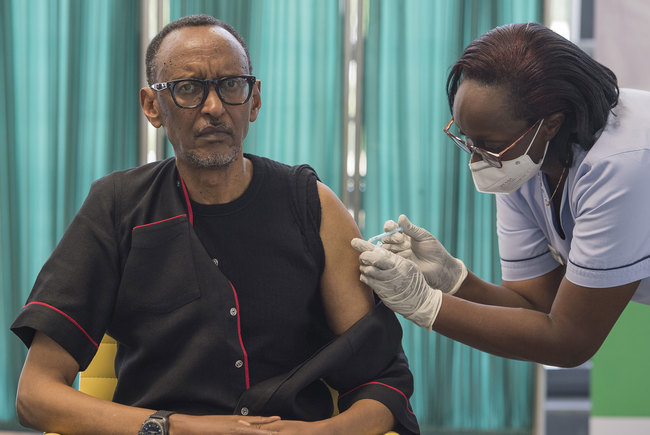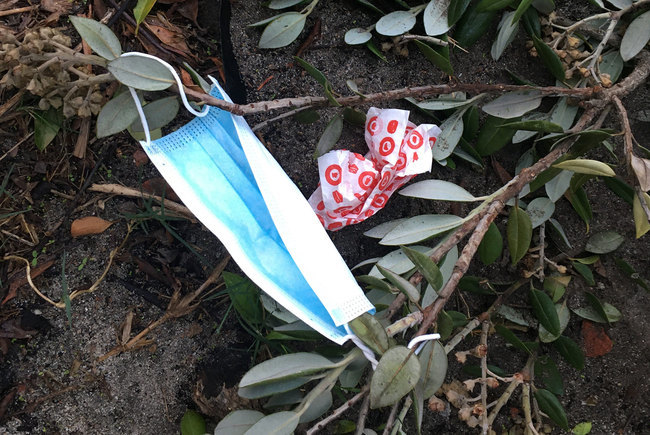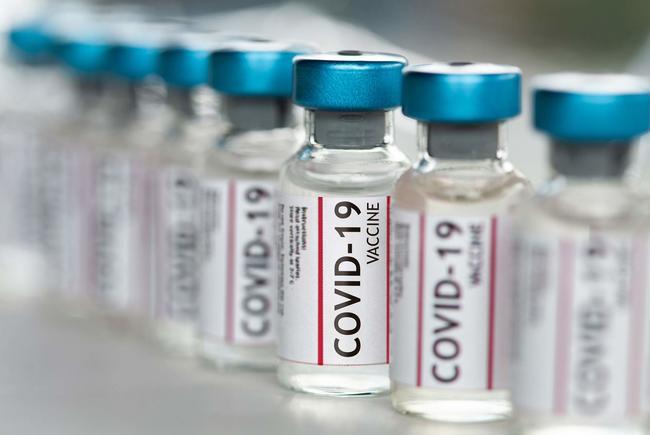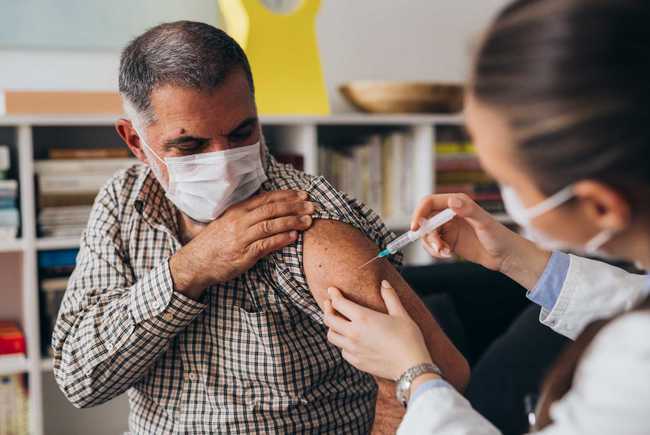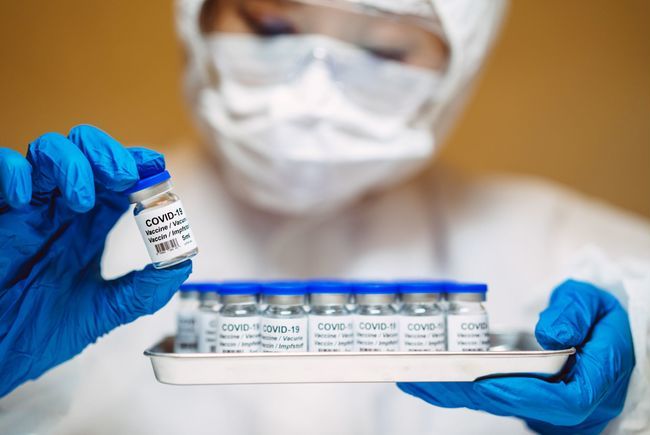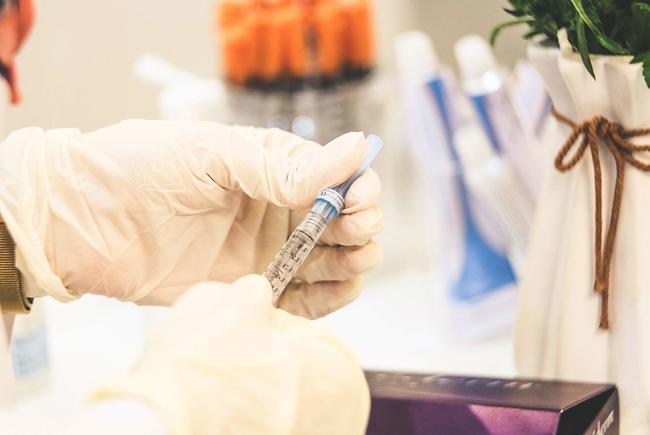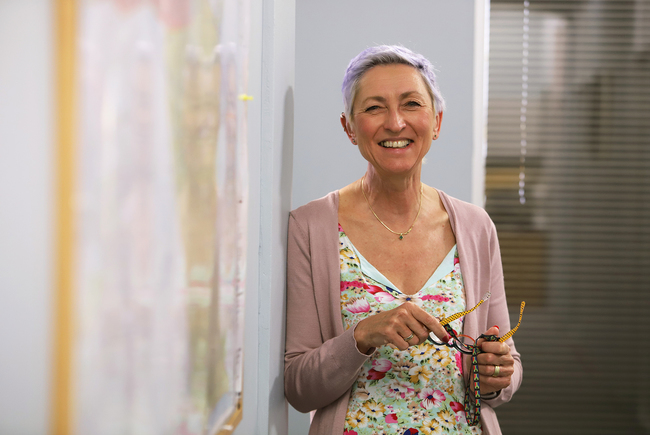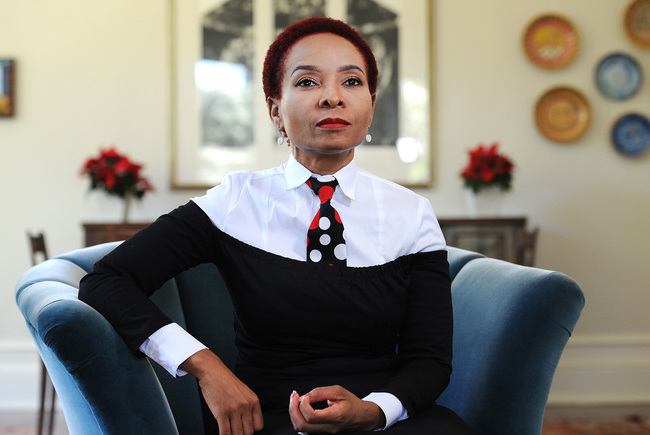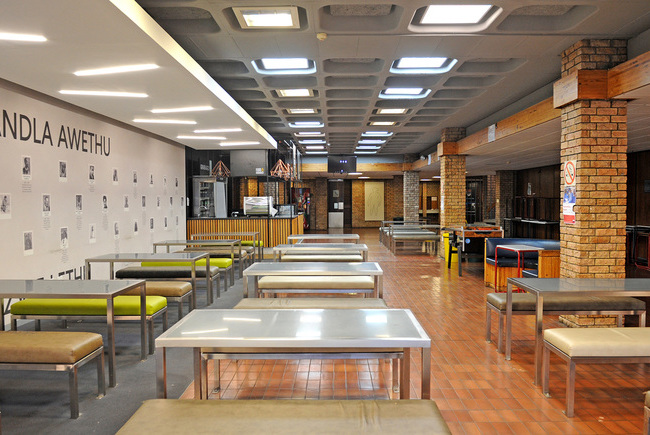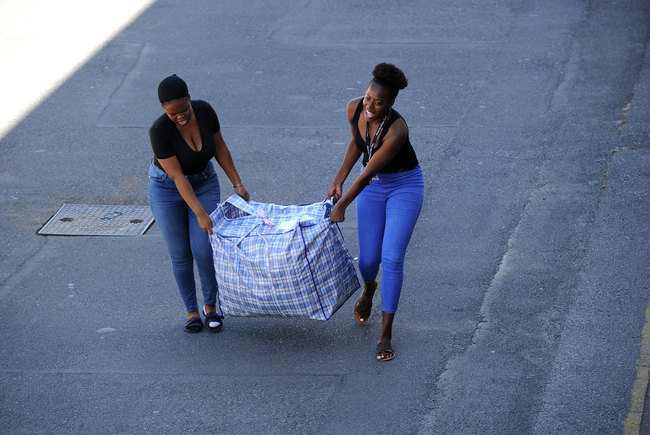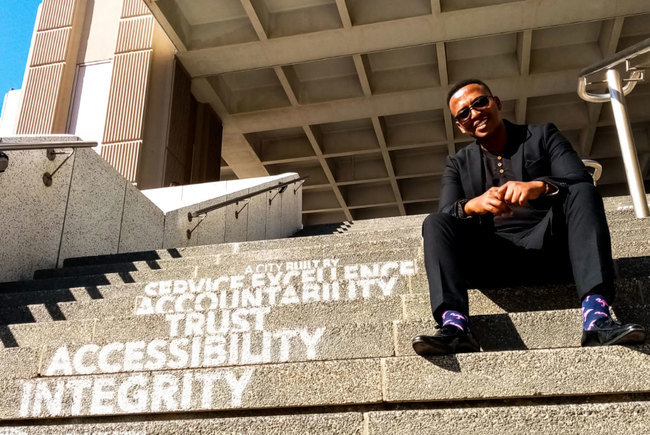Pandemic perspectives and the role of the media
24 May 2021 | Story Nicole Forrest. Read time 7 min.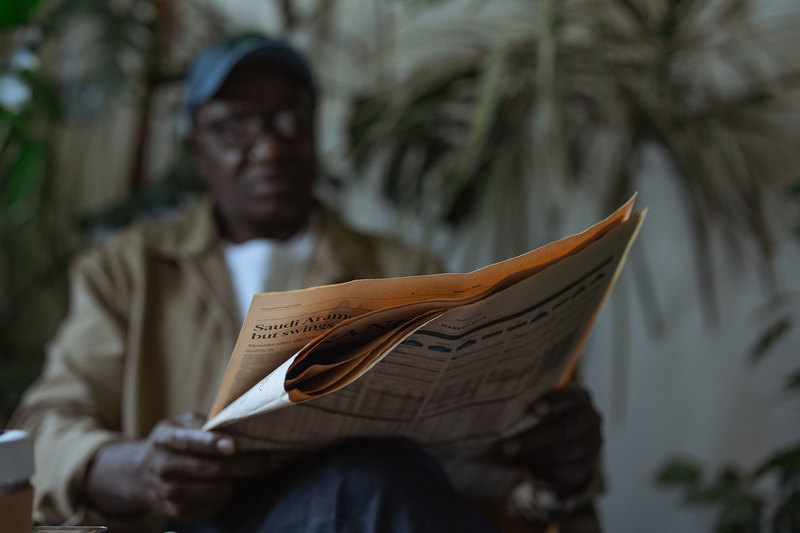
During a recent University of Cape Town (UCT) Summer School webinar on 20 May, academics from the Centre for Film and Media Studies led a discussion and presented findings from various studies on the role of the media in the COVID-19 pandemic.
The webinar, entitled “Pandemic Perspectives: COVID-19 and the Media”, forms part of the UCT Summer School’s public education programme, which offers short courses to make the academic resources of the university more widely accessible.
Over the course of 2020, Professor Herman Wasserman worked alongside four media studies colleagues (and fellow panellists) to provide a range of perspectives on the representation of COVID-19 in the media.
The session began with Associate Professor Wallace Chuma presenting findings from his, Professor Wasserman’s and Associate Professor Tanja Bosch’s research on newspaper coverage of the pandemic.
Dr Marina Joubert, a science communication researcher at Stellenbosch University, presented her findings on newspaper cartoons and related perspectives of the pandemic. Dr Dani Madrid-Morales, Assistant Professor of Journalism in the Jack J. Valenti School of Communication at the University of Houston, discussed his findings about what motivates social media users to share misinformation about China and COVID-19.
“The way in which media frames or represents things has fundamental implications [for] public responses to events like a pandemic.”
Taking an interest in how the media responded to the pandemic, Associate Professor Chuma and his research partners analysed 681 front-page stories from 11 major English newspapers to understand how COVID-19-related coverage has influenced public sentiment regarding the disease and related issues.
“The way in which media frames or represents things has fundamental implications [for] public responses to events like a pandemic. So we focused on how South African media covered COVID-19, as well as the key issues that outlets identified as being important,” Chuma explained.
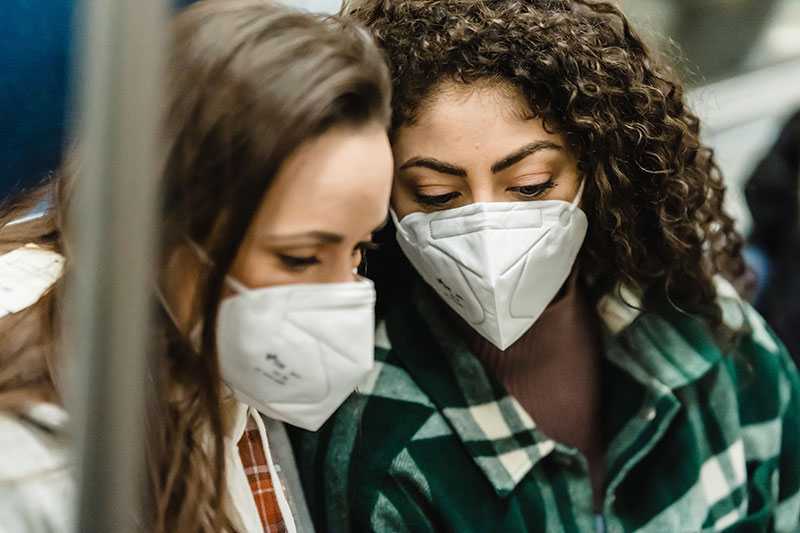
Findings indicated that a majority of the coverage consisted of episodic, alarmist news stories with a negative tone, resulting in superficial reporting.
“These are reports that highlight figures and shocking statistics of people contracting the virus, and death, and so on,” added Chuma. “A significant set of voices were also sensationalist, and did little to provide health information to debunk fake news.”
What’s more, the “pandemic was framed primarily as a ‘government policy’, ‘health policy’, ‘economic policy’ and ‘security issue’”. This meant there was little reflection in the media on the experiences of ordinary people, and little provision of health information that could increase citizens’ self-efficacy.
Drawing on editorial cartoons
Delving deeper into newspaper coverage of COVID-19, Dr Joubert spoke about how “the virus infected editorial cartoons in 2020”. In the first phase of a multi-stage study, Joubert and Wasserman looked at the frequency of single-frame cartoons related to the pandemic, their characteristics and tone, as well as how the cartoonists visualised the virus.
After analysing more than 500 cartoons that were published between January and May 2020, the researchers found that approximately 23% featured virus illustrations, 58% of which were anthropomorphised.
“Unsurprisingly, in the first few months of the [pandemic], the dominant tone was one of fear.”
Besides adding human characteristics, cartoonists exaggerated the appearance of the halo of protein spikes, and used colours in their illustrations that are closely associated with disease and danger.
“Unsurprisingly, in the first few months of the [pandemic], the dominant tone was one of fear,” said Joubert.
Following their use of the dangers of the pandemic, cartoonists shifted focus towards the societal challenges that have been aggravated by the pandemic and the misinformation surrounding it, before homing in on its economic repercussions.
“As time went on and the lockdown was extended over many more months, the economic impact became a dominant theme. Of course, that is still unfolding,” Joubert remarked.
In its second and third phases, Joubert’s and Wasserman’s study will look at the “societal, economic and political dimensions” of cartoons from the whole of 2020, as well as vaccines and vaccine-related issues.
Spreading disinformation
Finally, Dr Madrid-Morales provided insight on how the increase in disinformation about China and COVID-19 that has spread via social media has been “tied to a lack of trust of state-owned and elite media”. According to Dr Madrid-Morales, the origin of the virus in China – along with the country’s existing involvement in both business and media on the African continent – “increased existing attitudes [towards China] that were already prevalent in South Africa”.
“Disinformation about China and COVID-19 that has spread via social media has been ‘tied to a lack of trust of state-owned and elite media’.”
The researchers first considered whether respondents in Kenya and South Africa – the two African countries in which China has been most involved over the past 10 years – believe the disinformation (information that is false, and deliberately created to harm a person, social group, organisation or country) and misinformation (information that is false, but not created with the intention of causing harm) around China and COVID-19. They then investigated the respondents’ motivations for sharing this type of content.
“[While] views towards China are quite negative … few of the respondents believed elements of misinformation about China and COVID-19. In most cases, the majority of people found that the posts containing dis- or misinformation about China were not accurate,” noted Madrid-Morales.
Despite this, people in both South Africa and Kenya regularly share misinformation.
“They do this for multiple reasons. Some have the idea of a civic duty to warn others about the content; others share it just for fun, in case the information is true, or because they want to generate discussion,” said Madrid-Morales.
The overriding reason given by most respondents was this ‘duty’ to share the information.
“Different polls generated different responses; but in line with previous findings, we saw a significant number of users who share the information even though they know it’s inaccurate.
“Our evidence shows that this sense of duty is a very important component of why people share this information. Therefore, when we try to prevent the sharing of misinformation, we need to appeal to some of these duties,” he concluded.
 This work is licensed under a Creative Commons Attribution-NoDerivatives 4.0 International License.
This work is licensed under a Creative Commons Attribution-NoDerivatives 4.0 International License.
Please view the republishing articles page for more information.
UCT’s response to COVID-19 in 2021
COVID-19 is a global pandemic that caused President Cyril Ramaphosa to declare a national disaster in South Africa on 15 March 2020 and to implement a national lockdown from 26 March 2020.
UCT is taking the threat of infection in our university community extremely seriously, and this page will be updated regularly with the latest COVID-19 information. Please note that the information on this page is subject to change depending on current lockdown regulations.
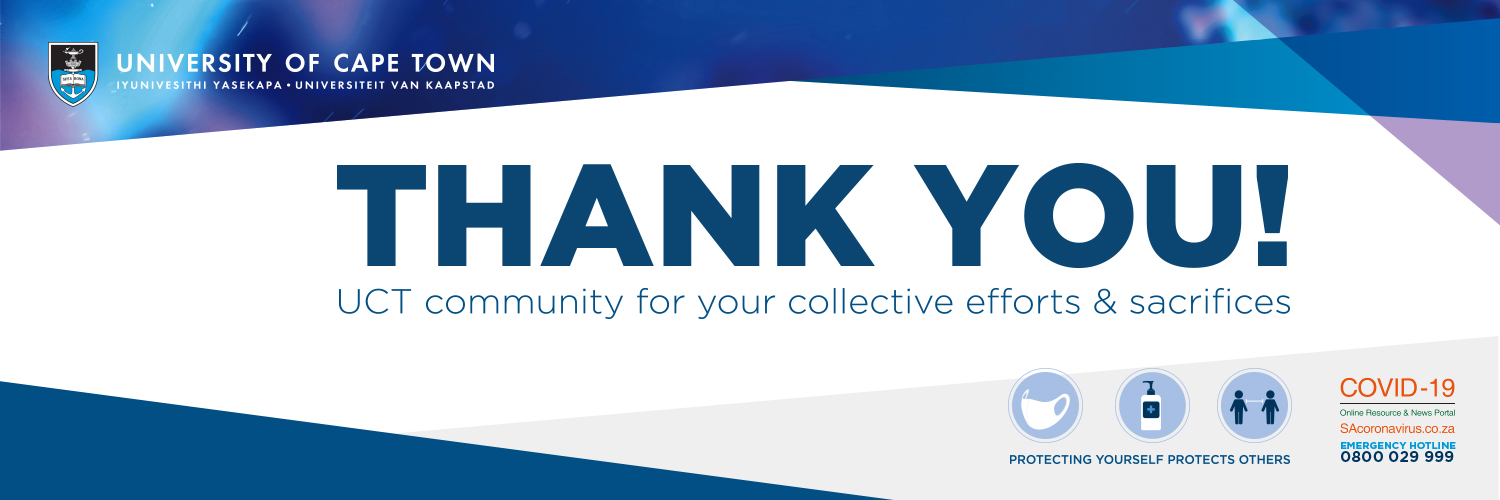
Global Citizen Asks: Are COVID-19 Vaccines Safe & Effective?
UCT’s Institute of Infectious Disease and Molecular Medicine (IDM) collaborated with Global Citizen, speaking to trusted experts to dispel vaccine misinformation.
If you have further questions about the COVID-19 vaccine check out the FAQ produced by the Desmond Tutu Health Foundation (DTHF). The DTHF has developed a dedicated chat function where you can ask your vaccine-related questions on the bottom right hand corner of the website.
IDM YouTube channel | IDM website
UCT Community of Hope Vaccination Centre
The University of Cape Town in partnership with the Western Cape Government (WCG) have reinforced our commitment to bringing hope to the residents of the Mother City with the launch of the world‑class Community of Hope Vaccination Centre that opened its doors on Monday, 30 August 2021.
The site is located on Main Road in Mowbray – in the Forest Hill Residence – and access is from Broad Street. The site is open every Monday to Friday from 08:00 to 15:00 and on Saturday from 09:00 to 13:00. Please allow time for attending to COVID-19 protocols and arrive as early as possible at the vaccination centre.
Frequently asked questions
News and views
Campus communications
2021
Media releases
Read more
UCT statements related to COVID-19 vaccinations
This is a space created for all formal bodies and structures within the university community to share their opinions on the need for a mandatory COVID-19 vaccine policy. Please note that some editorial judgement may be applied if the received statements go against any constitutional rights, and that no correspondence will be entered into, statements will be posted unedited and as received. Statements can be sent to opinions@uct.ac.za.
Commemorating a year of COVID-19
At midnight on 26 March 2020, South Africa went into the first nationwide hard lockdown. A year later, we remember those who have died and those who have been affected by COVID-19, as well as the pandemic’s effects across society and campus. We are especially grateful for the front-line health workers who have done so much for so many.
#UCTCOVIDPledge – social media elements
Customised Facebook frames and Instagram stickers are now available on those social media platforms. Watch the tutorial videos here to see how easily you can show your support for the #UCTCOVIDPledge.
In an email to the UCT community, Vice-Chancellor Professor Mamokgethi Phakeng said:
“COVID-19, caused by the virus SARS-CoV-2, is a rapidly changing epidemic. [...] Information [...] will be updated as and when new information becomes available.”
We are continuing to monitor the situation and we will be updating the UCT community regularly – as and when there are further updates. If you are concerned or need more information, students can contact the Student Wellness Service on 021 650 5620 or 021 650 1271 (after hours), while staff can contact 021 650 5685.

















